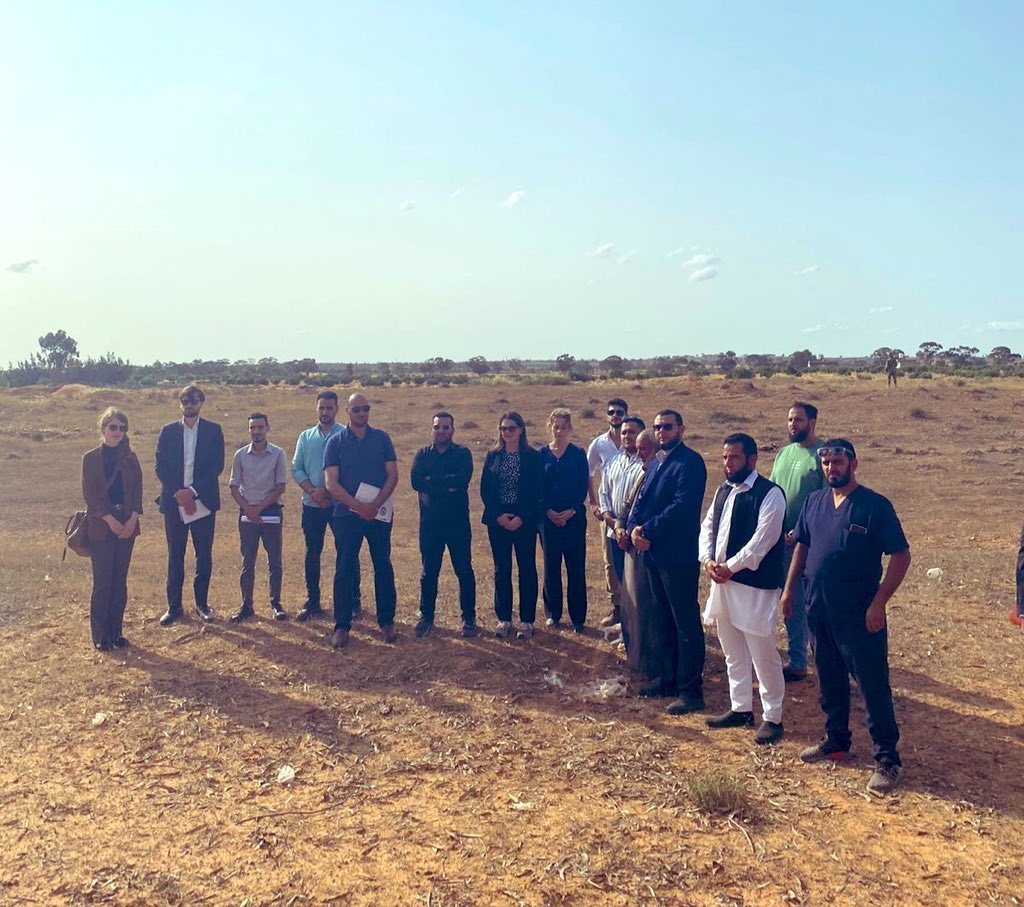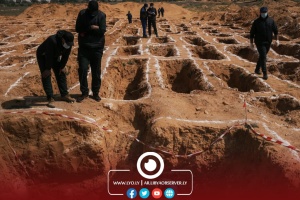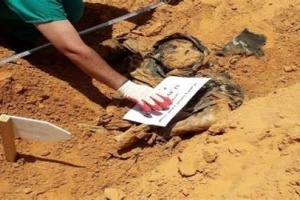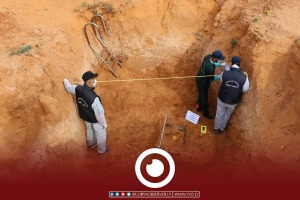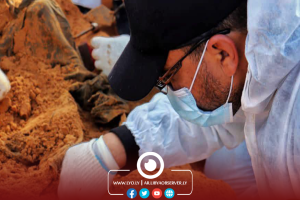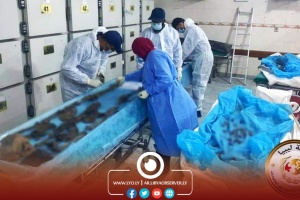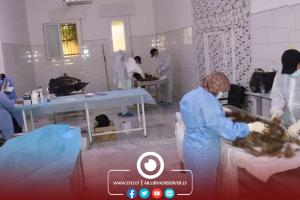The ambassador of the Netherlands to Libya, Dolph Hogewoning, said on Twitter that the embassy called for revealing the truth about mass graves that had been discovered over the last two years in Tarhouna and its suburbs, adding that the Dutch human rights ambassador Bahia Tahzib-Lie visited the sites in Tarhouna and discussed the issue with the victims association in the city.
Hogewoning said Tahzib-Lie was deeply affected by the horrific atrocities she had witnessed there, and stressed the importance of exposing the truth, seeking reconciliation, and administering justice, saying the Netherlands extended sincere gratitude to the Tarhouna Victims Association for their courage in sharing their experiences and personal needs.
"Asking them to reveal the truth about the fate of their loved ones is undoubtedly their right. We call for justice and healing. We praise the efforts made by the Libyan entities, including the mass graves committee, forensic doctors, and other institutions." Hogewoning said.
Immediately after the end of Haftar's aggression on Tripoli, Tarhouna residents found mass graves containing hundreds of corpses of different ages, some of whom were found handcuffed after being shot from a nearby location, and some of them showed signs of torture, including children and old people.
The Prosecutor of the International Criminal Court, Karim Khan, previously said he was shocked to see the large number of mass graves that he had examined in Tarhouna, saying it was something that he didn't see throughout the wars in the world.
The Public Prosecution in Libya is still investigating these crimes, and is listening to the families of the missing or those whose remains are found in graves, while Al-Kani (Al-Kaniyat) militia which is affiliated with Haftar faces accusations of the killing hundreds of prisoners who were arrested during the aggression on Tripoli.

